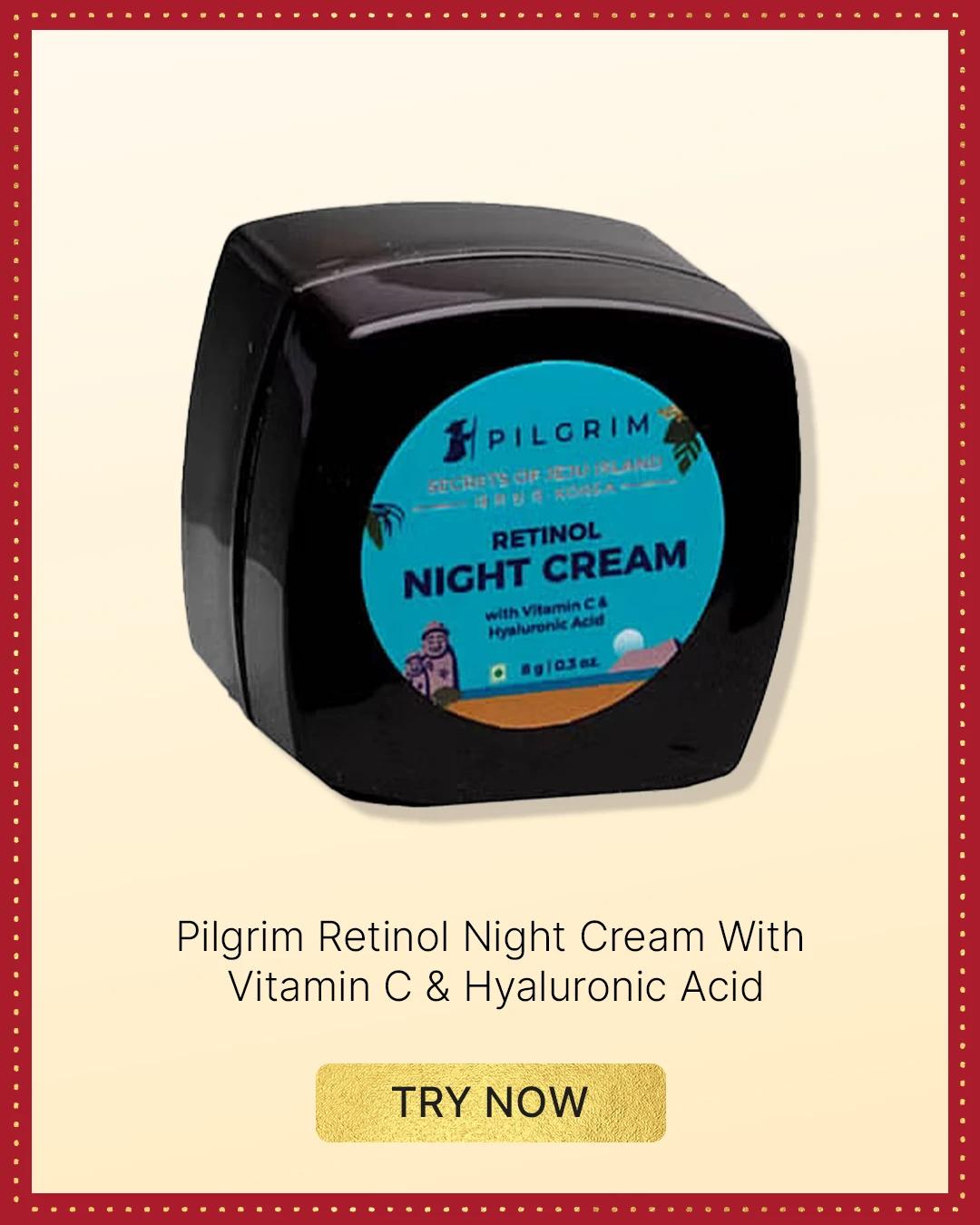Let's be real—when it comes to anti-aging skincare, retinol night cream is basically the main character everyone's talking about. This overnight treatment has earned its spot as a skincare superstar, and for good reason. Retinol night cream works its magic while you sleep, targeting everything from fine lines to uneven skin texture. Whether you're just starting your anti-aging journey or looking to up your skincare game, understanding how this powerhouse ingredient works can help you make smarter choices for your skin.
The Science Behind Retinol Night Creams
Retinol belongs to the vitamin A family and is considered one of the most effective ingredients in modern skincare. This clever little molecule works by penetrating deep into your skin layers, where it gets busy rewriting your skin's story. The reason we use retinol at night isn't just a marketing gimmick—it's pure science.
When you apply retinol night cream, you're giving your skin the perfect conditions to absorb and process this active ingredient. Your skin naturally goes into repair mode during sleep, making nighttime the ideal window for this facial moisturiser to work its wonders. Plus, retinol can make your skin more sensitive to sunlight, so nighttime application keeps you safe from any UV drama.
Vitamin A: The Powerhouse Ingredient
Retinol is essentially a gentler, more stable form of vitamin A that your skin can actually use. Unlike some vitamin A serum formulations that can be too harsh, retinol night cream offers a balanced approach. This ingredient is brilliant because it speaks your skin's language—it knows exactly what your cells need to function better and look younger.
Collagen Production and Skin Cell Turnover
Here's where things get exciting. Retinol night cream works by boosting your skin's natural collagen production—that's the protein responsible for keeping your skin plump and bouncy. At the same time, it speeds up skin cell turnover, which means old, dull cells get replaced faster with fresh, glowing ones. Think of it as your skin's personal renovation crew working the night shift.
Benefits of Using Retinol Night Cream
The benefits of retinol night cream are pretty impressive, and they go way beyond just being another step in your routine. This overnight treatment addresses multiple skin concerns at once, making it a smart investment for your skincare collection. From targeting visible signs of ageing to improving overall skin health, retinol night cream delivers results that you can actually see and feel.
What makes retinol so special is its ability to work on multiple levels simultaneously. While you're catching up on sleep, this hardworking ingredient is busy improving your skin's structure, appearance, and overall health.
Wrinkle Reduction and Fine Line Smoothing
Retinol is absolutely brilliant at tackling those pesky fine lines and wrinkles. By stimulating collagen production and encouraging faster cell renewal, it helps smooth out existing lines and prevents new ones from forming. The results aren't overnight magic, but with consistent use, you'll notice your skin looking smoother and more youthful.
Skin Texture Improvement
If you're dealing with rough, uneven skin texture, retinol night cream might just become your new best friend. It works by encouraging your skin to shed old, damaged cells more efficiently, revealing the smoother, softer skin underneath. Over time, this leads to significant skin texture improvement that you can actually feel when you touch your face.
Addressing Hyperpigmentation


 200ml
200ml Combo
Combo 50 gm
50 gm 50 gm
50 gm